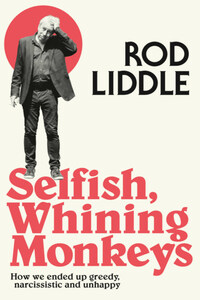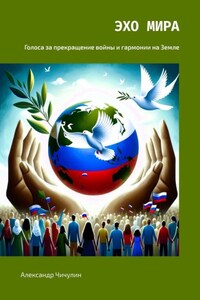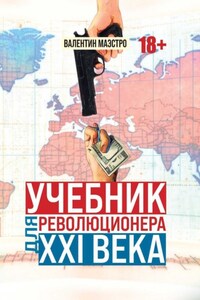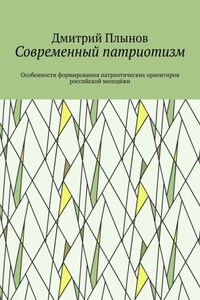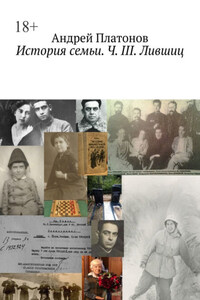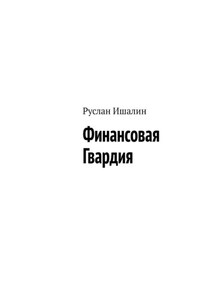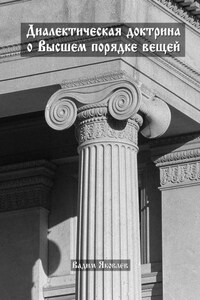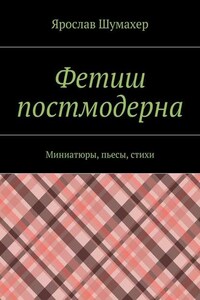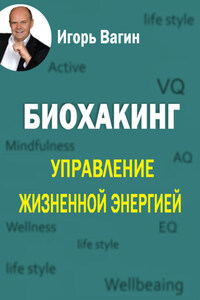Fourth Estate
An imprint of HarperCollinsPublishers
1 London Bridge Street
London SE1 9GF
4thestate.co.uk
First published in Great Britain by Fourth Estate 2014
Text © Rod Liddle 2014
Rod Liddle asserts his moral right to
be identified as the author of this work
A catalogue record of this book is
available from the British Library
All rights reserved under International and Pan-American Copyright Conventions. By payment of the required fees, you have been granted the nonexclusive, non-transferable right to access and read the text of this e-book on screen. No part of this text may be reproduced, transmitted, downloaded, decompiled, reverse engineered, or stored in or introduced into any information storage retrieval system, in any form or by any means, whether electronic or mechanical, now known or hereinafter invented, without the express written permission of HarperCollins e-books.
Cover photograph © Frantzesco Kangaris / eyevine
Find out about HarperCollins and the environment at
www.harpercollins.co.uk/green
Source ISBN 9780007351275
Ebook Edition © May 2014 ISBN: 9780007351305
Version 2015-03-10
Home is so sad. It stays as it was left,
Shaped to the comfort of the last to go
As if to win them back.
Philip Larkin
I got an aeroplane for Christmas when I was six years old. Not a real one, but a heavy tinplate thing with chunky red flashing plastic lights on the wings and some sort of noise box which made a sound like one of those heaving 1950s vacuum cleaners, a piercing shriek like it was undergoing a hysterectomy without anaesthetic. I’d seen it in, I think, the toy department of Selfridges in Oxford Street on the annual trip to town where I got to visit Santa’s grotto and choose my present for the year. I can remember right now standing by the counter piled up with all these unimagined and beguiling toys and seeing the aeroplane up on top, lights flashing, screaming away – a big BOAC passenger liner – and being utterly, if momentarily, captivated by it.
‘Why would you want a plane?’ my mum asked with a sort of perplexed distaste as we stood there. None of us had ever been on one, nor were likely to. Aside from the unimaginable cost and the fear of flying, my family didn’t really hold with abroad on account of it being too hot and full of wogs. My dad had been abroad only once, briefly, to shell bits of Belgium during those interminable, drawn-out final stages of the Second World War. I still have a replica of the MTB he served on, carved with rough approximation to detail out of the brass casing of a German shell which had hit his boat but – mercifully, for my dad and by extension me – not detonated. They shelled Belgium after it had been liberated, according to my dad, because they simply couldn’t abide the Belgians, devious and bitter people and, if we’re being honest, far, far, worse than the Krauts. So in early 1945 Dad’s MTB anchored in some Belgian port, I forget which, and took potshots at the church tower from the stern cannon, and when they went onshore they pissed in the streets because that’s what the Belgians were habituated to, apparently. Awful people, almost as bad as the French.
Many years later, when I went on a work trip to Antwerp, I kept my eyes trained upwards in case they started throwing buckets of piss out of the windows, as my dad gravely assured me they would. No proper sanitation in Belgium, you see – an echo, in my dad’s mind, of John Betjeman’s bitter little list of stuff which made Britain distinct:
Free speech, free passes, class distinction,
Democracy and proper drains.
My mum had never been abroad, not even to kill people. A little later, in the early 1970s, she said she quite fancied visiting Egypt because they were at war with Israel and she didn’t much like Jews. But she never went.
So, anyway, after this short cross-examination in Selfridges I got my plane, pulled off the wrapping paper on Christmas Day and ran around the house with the thing with its lights on and the engine making that fucking demented noise, swooping down every so often to attack our amiable half-breed dog Skipper who, after a few moments of this torment, bit me deeply on the arm and then cowered behind the settee, tail wrapped underneath his arse and backbone curved almost in a semi-circle, because he knew he was in the shit, with me howling holding up my arm for all to see. And yet as it turned out Skipper was exonerated, my mother correctly assuming that the dog had been provoked beyond all reasonable limits and I had got what I deserved. So I stood there crying at the injustice of it all while Skipper – out of contrition or hunger, who knows? – licked away at the blood still pouring from the gash on my arm, the edges of the wound slightly blueish where his dumb and blunt half-Labrador teeth had merely bruised, rather than cut. But the licking was OK, because dogs’ tongues were antiseptic, according to my mum. ‘Better than Germolene, a dog’s tongue. You don’t need a bandage,’ she had said. I don’t know why, but I’ll always remember that purple-blue colour around the wound. It seemed exotic and in some way more severe, more of a grown-up wound, than if it had just been blood.
